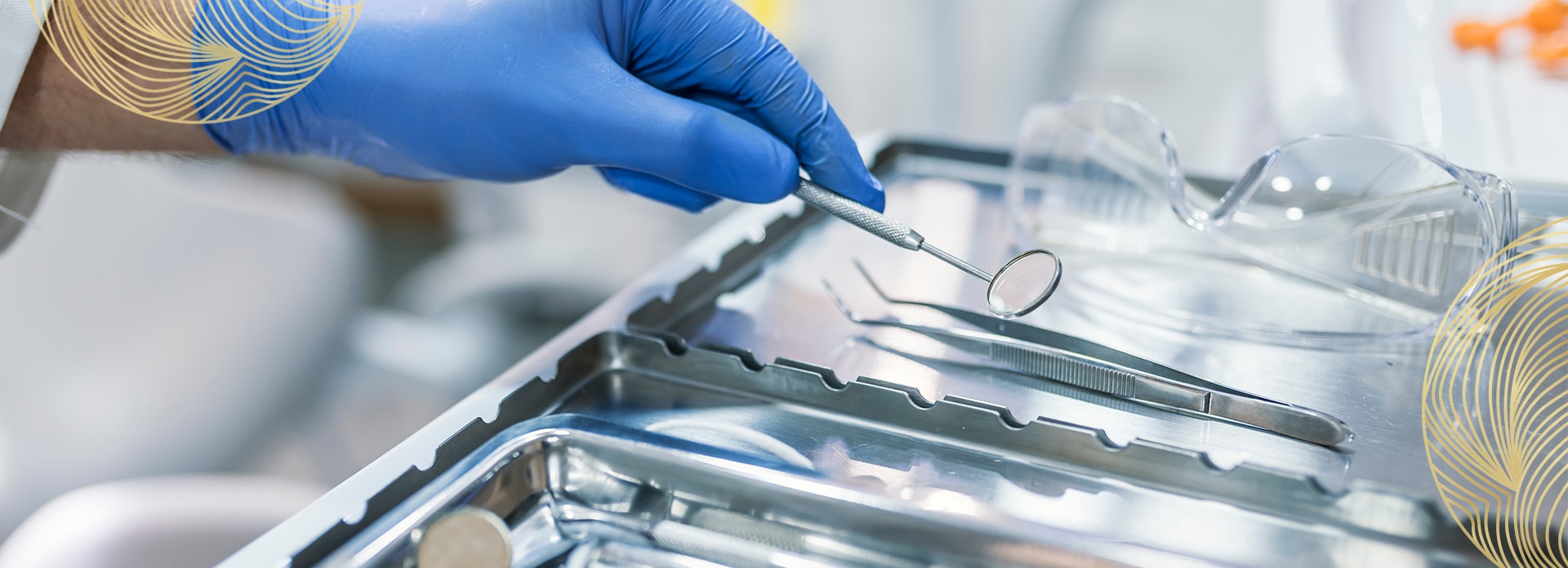Dental cleaning is critical to maintaining strong teeth and healthy gums. However, questions about post-cleaning care, especially around eating, are common. Being informed about your appointment and what to expect before, during, and after can make all the difference.
You can usually eat right after a dental cleaning. However, if you received a fluoride treatment, you should wait at least 30 minutes before eating, giving the fluoride time to strengthen your teeth properly before rinsing. Make sure to follow any post-care instructions from your dentist to preserve the results of your cleaning.
Can You Eat Immediately After a Cleaning?
Most people can eat without issues after cleaning. However, if fluoride has been applied, give it time to settle. Fluoride needs some time to work—usually around 30 minutes or so.
During this time, the fluoride strengthens your teeth through remineralization. This helps to repair any early signs of tooth decay and prevent future cavities. The process is key to maintaining a stronger and healthier smile.
However, circumstances can sometimes vary. Your dentist may give you personal advice about your post-cleaning care. If they give you any specific instructions, make sure to follow them.
Why Are Professional Teeth Cleanings Important?
Professional teeth cleanings are a core part of oral health. They target areas that routine brushing and flossing may not be able to clean. Plaque and tartar may build up over time—even if you follow a proper cleaning routine—and can lead to serious problems if left unaddressed.
During your cleaning, your dentist can remove this buildup carefully. Using their experience, they can significantly lower the risk of cavities, gum disease, infections, and more. This proactive approach makes all the difference and can do wonders for oral health.
What Happens During Your Dental Cleaning?
Routine cleaning involves several steps, each aimed at thoroughly cleaning your teeth while keeping you at ease. Here is what typically happens during a cleaning appointment with our team here at Cooper Dental:
- Your dentist examines your teeth and gums for signs of decay or disease.
- Plaque and tartar are removed by the hygienist, using precise tools, focusing on areas a toothbrush cannot reach.
- Your teeth are polished to eliminate surface stains and leave them feeling smooth.
- A final rinse clears debris, ensuring your mouth feels clean and fresh.
- A fluoride treatment may be applied to fortify teeth against cavities and sensitivity.
- At Cooper Dental we have a few added touches. At your cleaning we offer warm paraffin wax treatments, soft pillows and comfy blankets to help you relax.
- In addition, at this appointment we may update x-rays, do an annual blood pressure check, or do an annual 3D wellness scan.
Comfort is a priority throughout the procedure. If you have any questions during your appointment, please feel free to ask. Our team is here to make sure your appointment is comfortable and effective.

How to Maintain Results After Your Cleaning
Once your appointment is over, it helps to practice good dental hygiene at home. Some small daily habits can make a significant difference, so try to:
- Brush your teeth twice a day using fluoride toothpaste.
- Floss daily or use a waterpik to remove plaque and food particles from between your teeth.
- Rinse with an antibacterial mouthwash to reduce bacteria and freshen your breath.
- Limit sugary foods and drinks to prevent the buildup of harmful plaque.
- After consuming acidic beverages or foods, ensure you rinse your mouth with water
- Drink plenty of water to help wash away food particles and maintain saliva flow.
Finally, regular check-ups and cleanings should be scheduled to address any developing concerns. These appointments are key to achieving and maintaining long-term oral health.
How Frequently Should You Schedule Cleanings?
You should schedule dental cleanings roughly once every 6 months. This gives your dentist time to remove any significant buildup before it causes damage. But if your individual build up is more excessive, 3 month scaling appointments are more beneficial.
Also if you have any underlying conditions or unusual symptoms, you should visit your dentist more often. Some common factors that warrant extra attention include:
- A history of gum disease or periodontal problems
- Chronic conditions like diabetes that can affect oral health
- Persistent bad breath or a dry mouth
- Regular smoking or tobacco use
- Frequent consumption of sugary or acidic foods and beverages
These appointments are one of the easiest ways to maintain your dental health. They can also help prevent more complex problems in the future—problems that may otherwise require complicated and expensive treatments.
Caring for Your Smile After a Cleaning
Routine dental cleanings are an essential step in caring for your teeth and gums. By following your dentist’s advice, you can extend the benefits of your appointment and continue working toward optimal oral health.
At Cooper Dental, we want to help you keep your smile in excellent shape. Our team takes pride in helping you achieve the smile you deserve. Book an appointment with our team today; together, we can keep your teeth clean, healthy, and strong.




